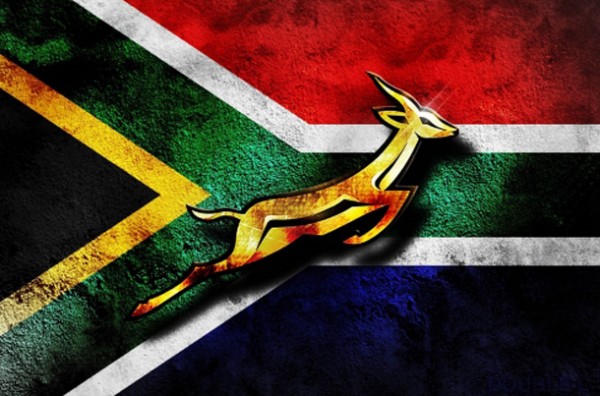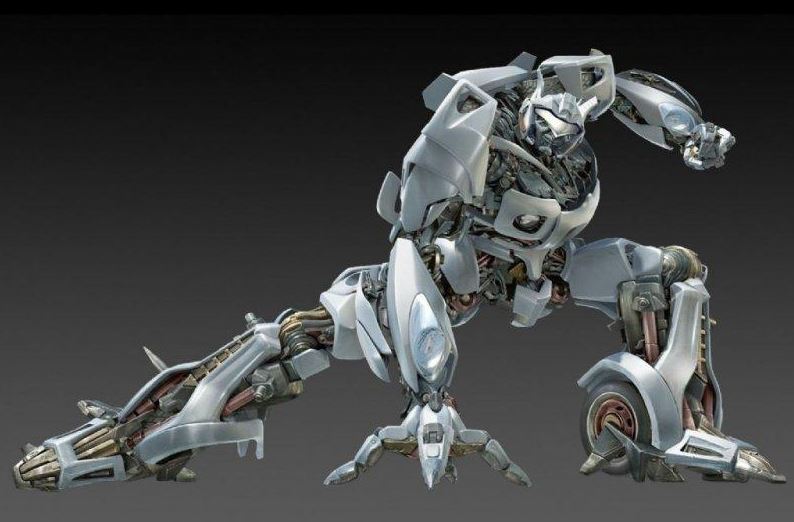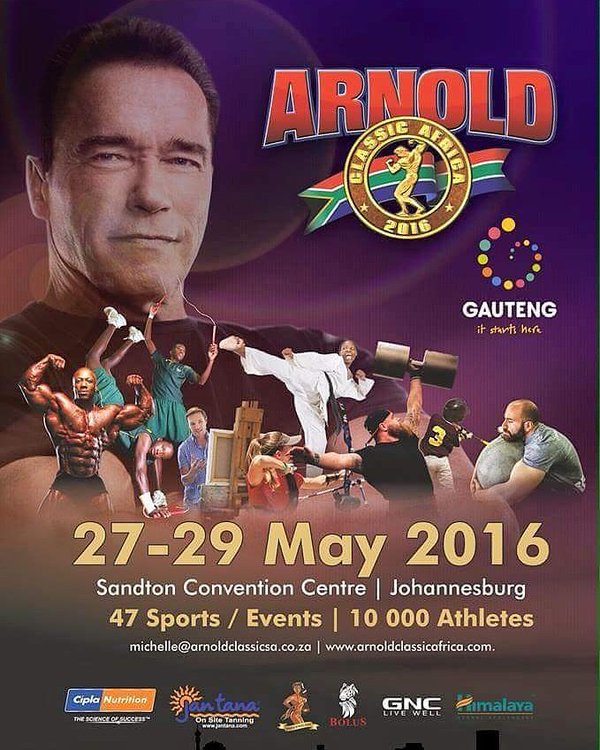 Awkward handshakes, friendly nods, a gathering of the clan.
Awkward handshakes, friendly nods, a gathering of the clan.
As the Springboks convene this week, the annual ritual will have more edge than usual. There’s a new coach in charge and Allister Coetzee will want to impose himself quickly.
It’s never an easy thing, but players typically defer to the coach, only too happy to have got the call. In a day or three, most will know exactly where they stand.
Coetzee will have one-on-ones with each player and they will soon know whether they’ll start against Ireland in two weeks or whether they will be kept on the fringes.
It’s a remarkable dynamic when seen up close. What never changes is the pent-up energy and the self-evident pride when Bok squads are pulled together, no matter that they are barely hours removed from smashing each other in Super Rugby action. The Boks remain special, and they know it.
For Coetzee, the canvas is clean and pure. He now has the opportunity to colour it any way he likes.
He’ll approach the first Test with little more than a pragmatic eye – damn the style, nail the win and get out of there.
I’m looking forward to watching how the team evolves. These are the 10 things we will soon learn under Coetzee:
- Life post-Bryan Habana and Schalk Burger.
These two have been giants of the game for more than a decade and rank among the greatest to have played. They remain world class, but the imperative is for a fresh team; a team with youth and vigour. Neither will make the next World Cup.
- Dealing with transformation.
Every decision Coetzee takes will be informed by transformation. With the big hand of government hovering, he will be very keen not to fall into the trap of paying mere lip service, as his predecessors did. As he will soon discover, the job is less about tactics than politics.
Three words apply: hold on tight.
- The Coetzee template.
The Coetzee method is straight up. He is wedded to a conservative game plan, although he will tell you he cuts his suit according to his cloth. Now that he has the best players at his disposal, will he be tempted to shift away from the direct approach so beloved by SA teams?
- The identity of the new Bok captain.
Coetzee’s choice will have big boots to fill. Jean de Villiers was a spectacularly good captain and an inspired choice by Heyneke Meyer.
It’s a fiendish job having to pull together the many disparate strands that make up the Springboks. The captain must be tough, clear-minded and respected.
- The true tighthead.
SA has many adequate tightheads, but no real killers, men who pull up trees and wreak general havoc. Frans Malherbe is youthful, strong and has a handy supply of niggle. Trevor Nyakane is also thereabouts, but he prefers loosehead.
- How far off the Boks are from the All Blacks.
New Zealand rugby is in rude health no matter the loss of twin galacticos Richie McCaw and Dan Carter. Their conveyor belt is purring nicely, producing world class players by the dozen. There’s daylight between them and the rest. We’ll know soon enough just how maddeningly wide the gap continues to be.
- The effects of the player drain.
If you suck enough life out of the SA game, you will soon need life support. The overseas player drain has reached critical levels and doubtless affects standards. How much our game is hurting will soon become evident.
- The influence of his assistants.
Coetzee’s assistant coaches are bright, thoughtful types, but the jury is still out on how they’ll respond when bombs are being dropped and experience is so vital.
- Coping with real pressure.
Never mind Super Rugby. Test-level pressure is white-hot. Coetzee turned inward when the wheels came off the Stormers. Balls of steel are a prime requirement for the new role.
- Effect of dour Super Rugby form on international play.
History suggests that Super Rugby has little to no impact on how the Boks perform. Let’s hope so because with few exceptions it’s been a season of catch-up for local teams. – © Sunday Tribune




















